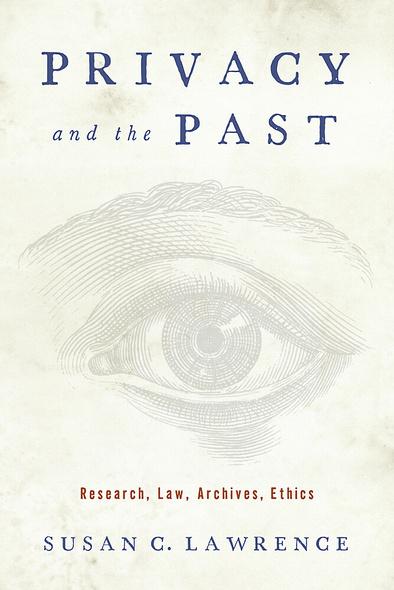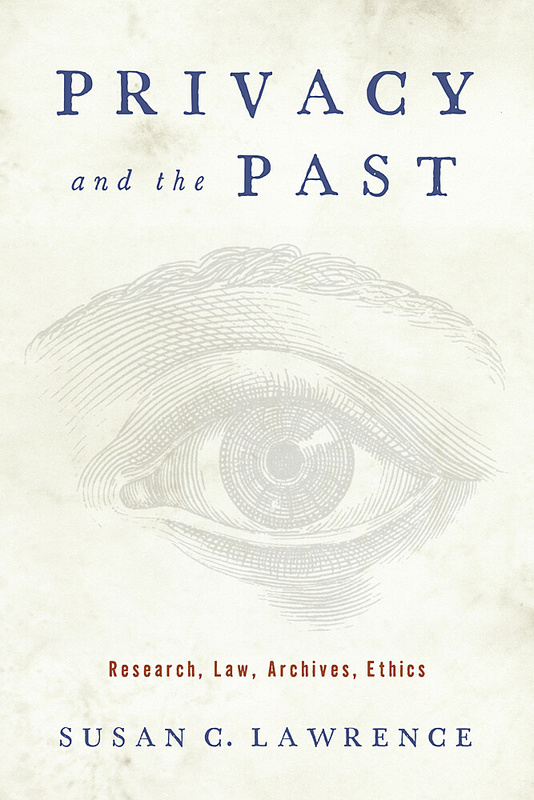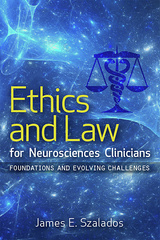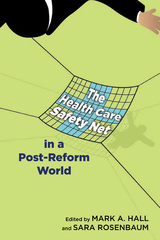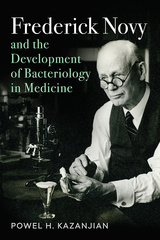Privacy and the Past
Research, Law, Archives, Ethics
Rutgers University Press
When the new HIPAA privacy rules regarding the release of health information took effect, medical historians suddenly faced a raft of new ethical and legal challenges—even in cases where their subjects had died years, or even a century, earlier. In Privacy and the Past, medical historian Susan C. Lawrence explores the impact of these new privacy rules, offering insight into what historians should do when they research, write about, and name real people in their work.
Lawrence offers a wide-ranging and informative discussion of the many issues involved. She highlights the key points in research ethics that can affect historians, including their ethical obligations to their research subjects, both living and dead, and she reviews the range of federal laws that protect various kinds of information. The book discusses how the courts have dealt with privacy in contexts relevant to historians, including a case in which a historian was actually sued for a privacy violation. Lawrence also questions who gets to decide what is revealed and what is kept hidden in decades-old records, and she examines the privacy issues that archivists consider when acquiring records and allowing researchers to use them. She looks at how demands to maintain individual privacy both protect and erase the identities of people whose stories make up the historical record, discussing decisions that historians have made to conceal identities that they believed needed to be protected. Finally, she encourages historians to vigorously resist any expansion of regulatory language that extends privacy protections to the dead.
Engagingly written and powerfully argued, Privacy and the Past is an important first step in preventing privacy regulations from affecting the historical record and the ways that historians write history.
With sound scholarship, and a clear, accessible writing style, Privacy and the Past serves as a critical analysis, an important piece of advocacy, and a practical field guide.
'HIPPA' is a word historians have come to hate, and in this timely and provocative book, Susan Lawrence explains why. This book is a must read for anyone interested in promoting a more bottom-up, patient-centered view of the history of medicine, disease, and social welfare.
SUSAN C. LAWRENCE is an associate professor of history at Ohio State University in Columbus. She is the author of Charitable Knowledge: Hospital Practitioners and Pupils in Eighteenth-Century London.
Acknowledgments
1 Introduction: The Historians, the County and the Dead
2 Research, Privacy and Federal Regulations
3 Historians, the First Amendment and Invasion of Privacy
4 Archivists at the Gates
5 Managing Privacy: Historians at Work
6 Conclusion: Resistance
Notes
Bibliography
Index

